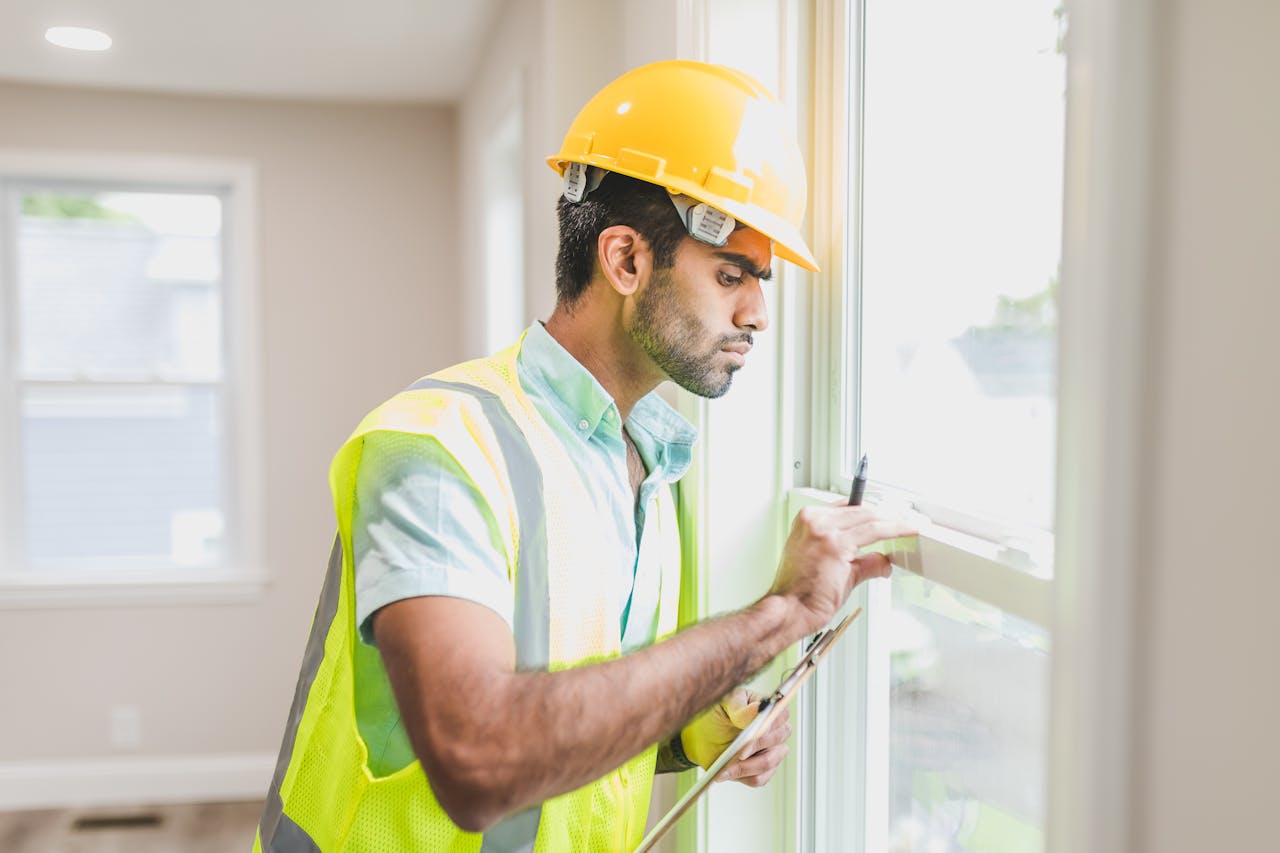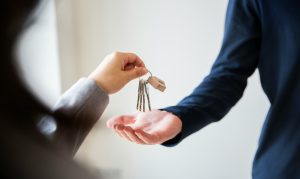Managing maintenance requests efficiently is crucial for keeping tenants happy and maintaining property value. Tenant satisfaction often hinges on how quickly and effectively these requests are resolved. Addressing maintenance issues promptly not only enhances tenant experience but also protects property from further damage.
To achieve this, it is important to establish a clear system for handling maintenance requests. Implementing a straightforward procedure ensures that problems are reported and addressed with minimal delay. This system helps tenants feel heard and reassured that their living environment is a priority.
Having a reliable team to execute repairs is also critical. A skilled maintenance crew can swiftly resolve issues and prevent small problems from escalating into costly repairs. Additionally, preventive maintenance can catch potential issues before they become major concerns. By focusing on these key strategies, you can create a smooth and effective maintenance management plan that strengthens tenant relationships and preserves property condition.
Establishing a Clear Request System
Creating a clear and efficient request system is the backbone of effective maintenance management. When tenants experience issues, they should know exactly how to report them. This eliminates confusion and reduces delay in addressing problems.
Begin by choosing the most suitable method for receiving requests. Options include online platforms, dedicated email addresses, or even a phone line. An online portal often works best as it allows tenants to submit and track their requests easily. Whatever method you choose, make sure it’s user-friendly and accessible.
After determining the best method, ensure tenants understand the process through clear communication. Provide detailed instructions when they move in and include reminders in regular communications. It’s also helpful to post instructions in common areas for easy reference.
To streamline the system:
– Create a standard form for tenants to fill out when requesting repairs. This ensures you get all necessary details, like the nature and location of the problem.
– Assign a staff member to handle requests promptly. Quick acknowledgment, even if repairs can’t start immediately, reassures tenants their concerns are being addressed.
– Track requests and follow up to confirm repairs were satisfactory. Collect feedback to improve the process continuously.
Implementing a clear, organized system helps improve tenant satisfaction and maintain property quality.
Prioritizing Urgent Repairs
When a maintenance request comes in, knowing how to prioritize it is vital. Not all repairs are equal, and some require immediate attention to prevent further damage or ensure tenant safety.
Start by categorizing requests into urgent, high-priority, and regular. Urgent repairs are problems that pose a risk to health, safety, or property integrity. Examples include:
– Water leaks or flooding
– Power outages affecting major areas
– Heating issues during winter
– Security concerns like broken locks or windows
High-priority repairs improve tenant comfort and should be addressed soon but aren’t emergencies. These might include minor leaks or non-functioning appliances. Regular requests involve less critical issues that don’t impact daily life, like cosmetic repairs.
Once categorized, address urgent issues immediately. A 24-hour response plan helps ensure these problems get fixed before they escalate. High-priority issues should be scheduled soon after urgent repairs, typically within a few days.
By clearly identifying and prioritizing repairs, you maintain property standards and tenant satisfaction. This approach prevents small problems from becoming large ones, saving you time and resources in the long run.
Building a Reliable Maintenance Team
Having a reliable maintenance team is crucial for handling property repairs efficiently and keeping everything in top working condition. A dependable team ensures that issues get addressed promptly, maintaining tenant satisfaction and property value. Start by selecting skilled individuals who have experience with various repair tasks, from electrical work to basic plumbing.
Develop relationships with licensed contractors who can be called when specialized work is needed. Ensure they are reliable, offer fair pricing, and are available when emergencies arise. For everyday maintenance, consider trained in-house staff who can tackle minor repairs and upkeep, reducing downtime and expense.
Provide your team with clear guidelines and regular training to keep them updated with the best practices and safety protocols. Supplying them with the right tools and resources is essential too. Investing in quality tools means repairs can be done right the first time, preventing future issues.
A strong maintenance team reduces costs by minimizing big repair needs and enhancing tenant trust. They ensure most problems are handled quickly and efficiently, leading to fewer complaints and better tenant retention.
Implementing Preventive Maintenance Practices
Preventive maintenance is the key to avoiding costly repairs and ensuring that rental properties run smoothly. Regular upkeep keeps small issues from growing into major problems, saving time and money in the long run. Establishing a routine maintenance schedule helps monitor the condition of essential systems and address wear and tear.
Create a calendar to track maintenance tasks and inspections. Focus on critical areas like:
– HVAC system checks and filter changes
– Plumbing inspections for leaks or blockages
– Roof inspections to catch damage early
– Cleaning gutters to prevent water damage
– Testing smoke and carbon monoxide detectors
Set reminders to keep maintenance on track. Equip your team with a checklist to ensure thorough inspections. Encouraging tenants to report minor issues can also aid in catching problems before they escalate.
Preventive maintenance boosts property longevity and tenant satisfaction. By highlighting potential issues early, it reduces emergency repairs and unexpected costs. With effective planning, you maintain a safe and comfortable environment for tenants while managing expenses efficiently.
Conclusion:
Efficient property management hinges on a well-coordinated maintenance strategy. Establishing clear requests, prioritizing urgent repairs, building a reliable maintenance team, and implementing preventive practices make all the difference. These actions create a smooth-running operation where tenants feel cared for, and properties remain in excellent condition.
Taking proactive steps toward maintenance not only saves money but also boosts tenant retention by providing a hassle-free living experience. Consistent care and attention keep properties in good shape, directly impacting your bottom line.
Partner with The Rental Lister to achieve optimal maintenance and management of your Las Vegas properties. Our expert team is dedicated to handling all aspects of property care efficiently, ensuring your rental investments are well-protected and lucrative. Reach out to The Rental Lister today to learn how our comprehensive property management services can benefit you.




